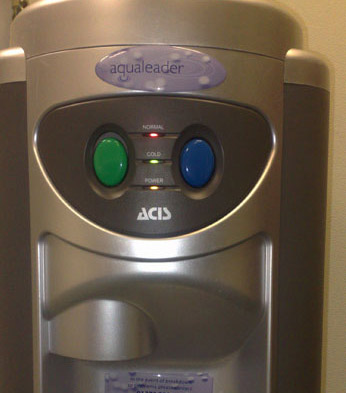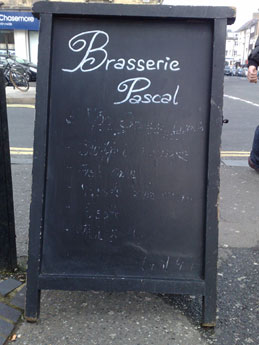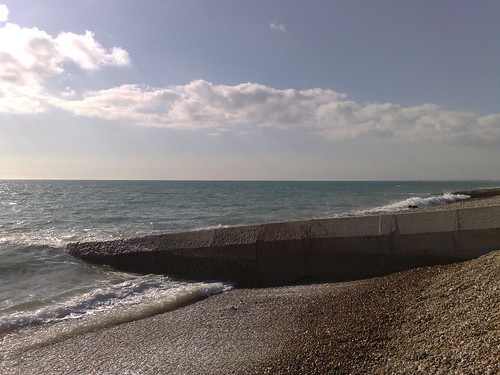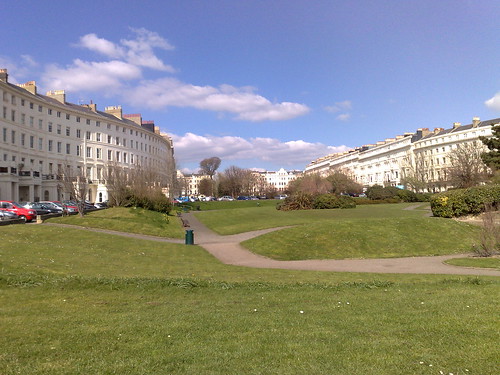In my freelance work I regularly encounter two misconceptions about Search Engine Optimisation (SEO):
1. Our website doesn’t bring people to us now, so it won’t in the future.
This is like saying that because my toe is broken now, it will never heal. Or like saying that because I can’t ride a horse, I can never have riding lessons.
If you have an un-optimised website you have the most to gain by optimising your website. If you’ve neglected your website and left it to fester, don’t feel bad; feel happy, because you’ve got so much potential for improvement!
2. We can’t afford SEO / we can’t afford to perform well for our keywords
Not true. If your business is operating in a crowded market, with lots of big players with well optimised websites, you might need to think carefully about how you approach SEO (maybe targeting long-tail or niche keywords instead of pursuing the obvious ones). And if you have a limited budget, you probably won’t be able to employ a slick agency to do all the work for you.
Either way, you can benefit from optimising your website. And SEO is definitely something that everyone can do.
If you’re new to SEO, have a look at these very useful resources:





